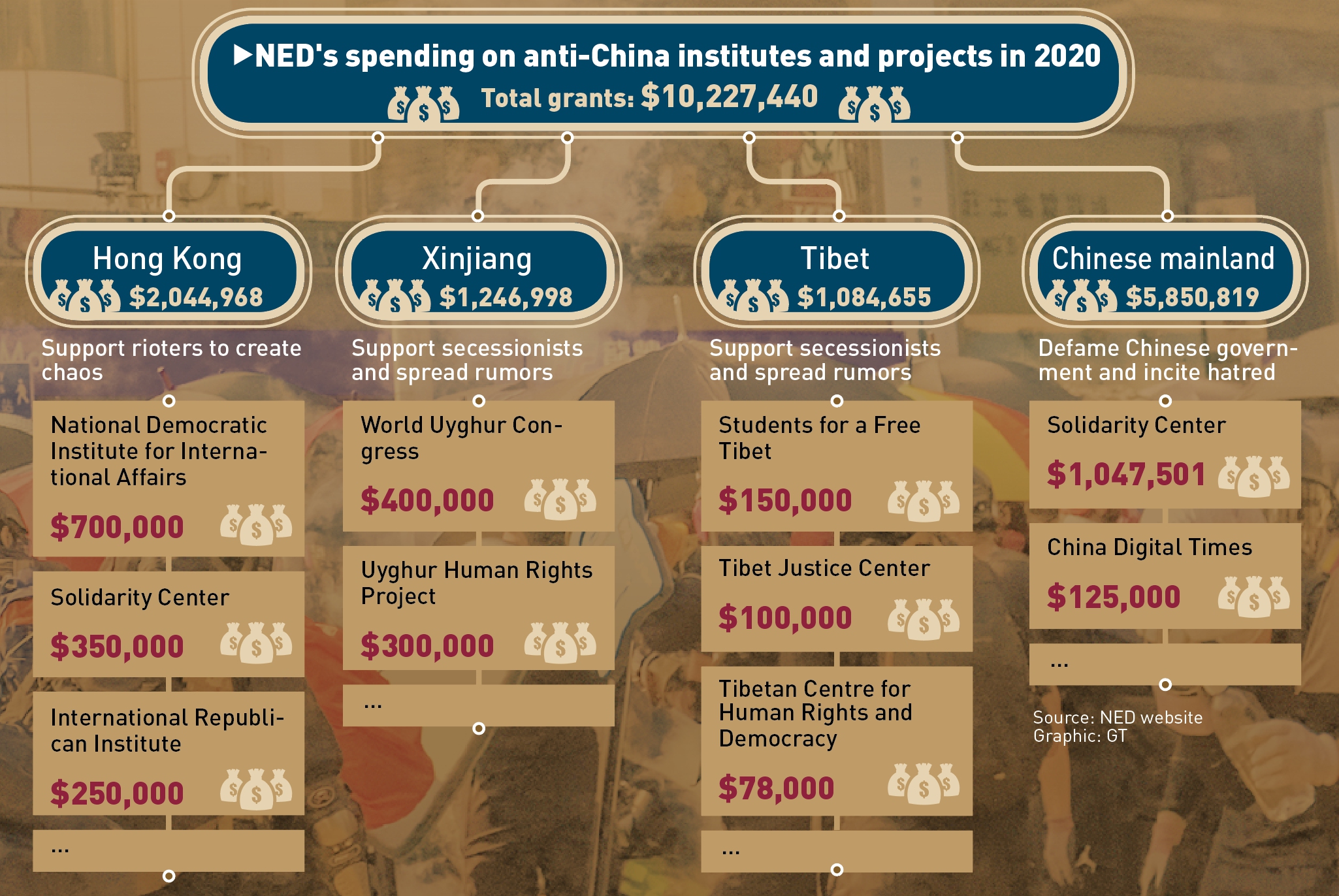Fund RM1BIL set aside to invest in innovative highi-growth start-ups, says PM
KUALA LUMPUR: A sum of RM1bil for the “National Fund-of-Funds” will be set up to invest in innovative high-growth Malaysian companies, says Datuk Seri Anwar Ibrahim.
“I am pleased to share that Khazanah Nasional Bhd will launch a ‘National Fund-of-Funds’ with an initial RM1bil allocation,” the Prime Minister said when delivering his keynote address at the launch of the inaugural KL20 Summit here yesterday.
He said the setting up of the fund represented the government’s continued commitment to assisting local companies such as those run by bumiputra entrepreneurs, as well as startups and small and medium enterprises (SMEs), in line with Budget 2024 allocations.
ALSO READ: Policy advisory panel to focus on growth and economy
He said the government acknowledged the growing importance of startups in driving technological advancements in the country.
As such, he said the KL20 Summit provided an ideal launchpad for innovative ideas.
“KL20 does not simply represent a single-event summit but marks a clear break from the past, which is a comprehensive effort to catalyse the technology ecosystem,” he said
He added that KL20 would fit strategically into the central governing economic philosophy of the Madani Economic Framework, which is underscored by the principle that economic growth and compatible distribution are in harmony with market forces.
ALSO READ: Elevating the country to be a leading startup destination
“The government is also aiming to centralise investment agencies such as Malaysia Venture Capital Management Bhd (Mavcap) and Penjana Kapital under Khazanah Nasional,” he said.
Anwar also announced the signing of agreements involving 25 entities from various sectors of the startup ecosystem to help create cutting-edge technology ventures in Malaysia.
Among them was the Asean Investment Initiative between Khazanah Nasional, Kumpulan Wang Persaraan (KWAP) and Blue Chip Venture Capital that will invest RM3bil in the South-East Asian and Malaysian ecosystems.
ALSO READ: KL20 Summit 2024 to attract high-quality investments - PM
He also said that 12 international venture capital firms would be setting up offices in Kuala Lumpur, which will help Malaysian startups be discovered and nurtured to be globally successful.
On semiconductors, he said the nation’s substantial hold on the backend had made it conducive to pursue high-value front-end work, primarily in the integrated circuit (IC) design category.
“I am pleased to announce the largest IC Design Park in South-East Asia, which will house world-class anchor tenants and collaborate with global companies such as Arm.
“This is done with the backing of the Selangor Information Technology and Digital Economy Corporation (Sidec), with the Selangor state government, and this is proof that momentum is already being built on the ground,” he said.
ALSO READ: Making the Malaysian startup pitch
He added that the country was positioning itself as one of the leaders in semiconductors, clean energy, agritech and Islamic fintech.
To make Malaysia a true gateway to major economies, Anwar said a city-to-city connection between Kuala Lumpur and Hangzhou would be established so that capital, talent and market access would no longer be a barrier.
Earlier in his speech, Economy Minister Rafizi Ramli said the goal of the KL20 Action Plan was to bring the top 20 startups in the world into the country.
This, he said, would be done through the immediate introduction of several measures.
He said the move was aimed at accelerating the critical areas of a startup ecosystem here.
“The ambition is for Malaysia to be the choice destination for early-stage and growth capital and to be the centre for world-class entrepreneurs and skilled talent,” said Rafizi.
He added that it was also the goal for the nation to be the home for leading startups in the world.
Related stories:
Policy advisory panel to focus on growth and economy
Elevating the country to be a leading startup destination
Enhancing the venture capital ecosystem
Making the Malaysian startup pitch
KL20 Summit 2024 to attract high-quality investments - PM










